I recently finished re-reading Homer’s The Iliad after many years. I was struck by a number of things, but primarily how Homer depicted war as both brutal and meaningful. Not only did he not sugar-coat bronze-age combat, he actually went into gruesome detail about how spears and swords devastate the human body. His detailed knowledge of combat trauma made me suspect Homer might have been a soldier in his day or perhaps a battle-field doctor.
There is also a heroic aspect to Homer’s depiction of the Trojan War—not surprising since it is a heroic epic after all—but he handles it in a nuanced and complex way: soldiers are courageous, but they are also cowardly and sometimes unsure of the war’s validity. Under the strain of 10 years of combat, Greek and Trojan soldiers grapple with meaningful questions of conscience, self-sacrifice, grief, loyalty and mercy on the battlefield.
With The Iliad in mind, I came across an article in The New Criterion by Thomas Bruscino titled “The New Old Lie.” Bruscino believes that the ongoing effort among artists “to insist that war is always meaningless, is not art. It is the new old lie, and an ugly one at that.”
Since the end of Word War I, war literature has unquestionably been anti-war in its aims. He finds the roots of this trend in the carnage of the American Civil War. He quotes critic Benjamin Schwarz, who recently wrote of Ambrose Bierce’s Civil War writings. Schwarz wrote:
“Emerging from the charnel house, Bierce shunned any effort to invest the butchery with meaning. . . . For him the war was nothing more—could be nothing more—than a meaningless and murderous slaughter, devoid of virtue or purpose.”
The belief that war is always a meaningless farce is echoed by the great critic Edmund Wilson.
“I am trying to disregard the pretensions of moral superiority with which we have tempted to clothe (World War I). . . . I want to suggest that . . . we ought to stop talking in terms of defending and liberating the victims of ‘oppressors’ and ‘criminals,’ our old patter of ‘right’ and ‘wrong’ and punishing the guilty party.”
Two of the anti-war books Bruscino alludes to in his article are works I consider modern masterpieces: Dispatches by Michael Herr and The Things They Carried by Tim O’Brien.
Bruscino makes it clear his intention is not to discredit the merit of anti-war art, but simply to contest the idea that war can only be depicted as a mindless slaughter, as if there were no legitimate differences between nations, political ideologies or governing systems, and therefore nothing worth fighting for. If this is true, intervening in a country like Syria, for example, and combating a dictatorship would also be meaningless, which is another way of saying it doesn’t matter whether the Syrian regime crushes the civilian opposition or if the regime is toppled—it’s all meaningless. Let’s hope not.
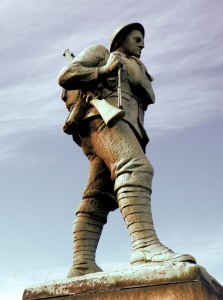
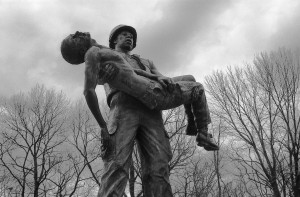
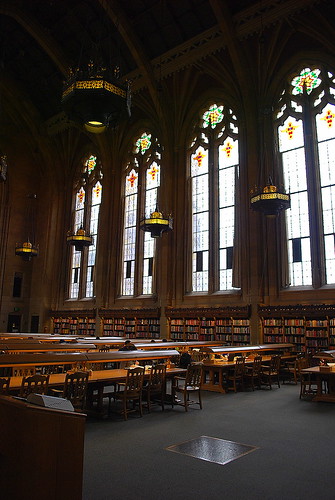
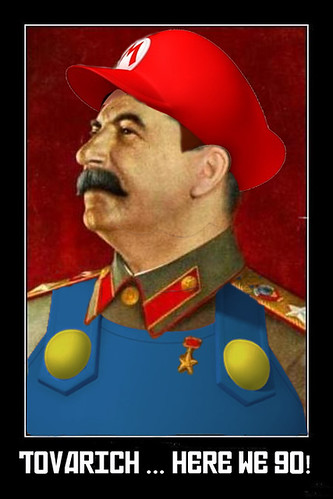
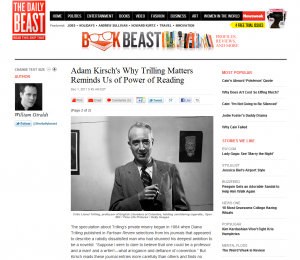
![By Allenginsberg_cropped.png: *Allenginsberg.jpg: MDCarchives derivative work: Morn (talk) derivative work: Morn (Allenginsberg_cropped.png) [CC-BY-SA-3.0 (www.creativecommons.org/licenses/by-sa/3.0) or GFDL (www.gnu.org/copyleft/fdl.html)], via Wikimedia Commons](http://upload.wikimedia.org/wikipedia/commons/2/22/Allenginsberg_cropped.jpg)
